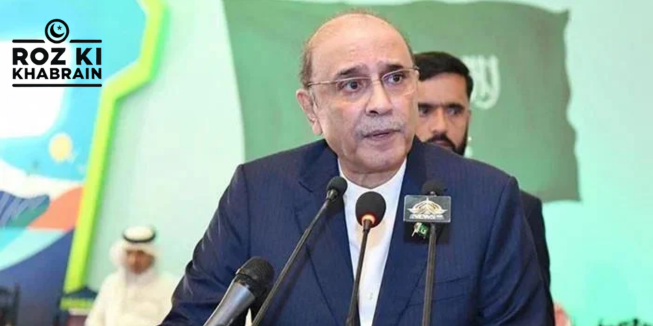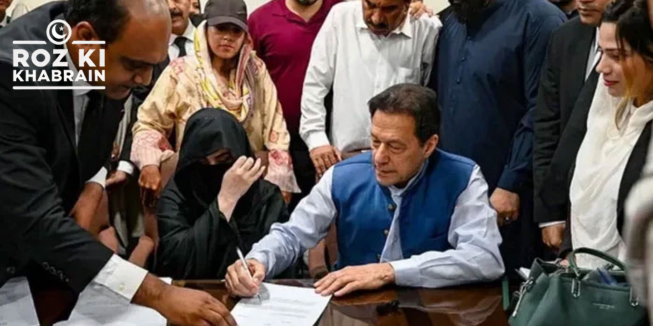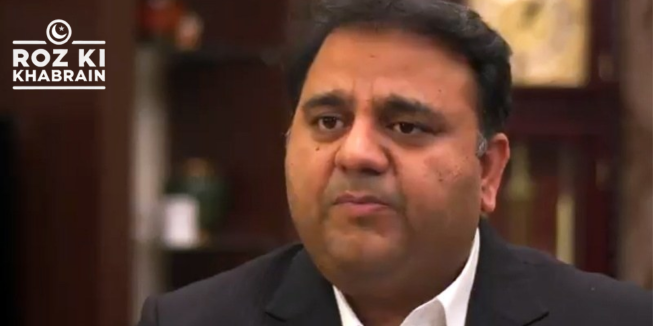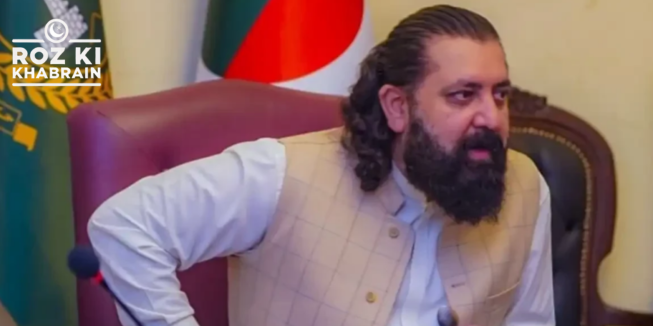ISLAMABAD: Government Supports President’s Stand on Madrassa Registration Bill
Tensions between the government and the Jamiat Ulema-e-Islam-Fazl (JUI-F) escalated over the madrassa registration bill, leading to sharp exchanges over its approval. The issue is now in parliament’s hands as both sides continue to clash over the president’s objections.
The government defended President Asif Ali Zardari’s objections, calling them constitutional and valid, while the JUI-F accused the government of stalling the bill as part of a broader strategy to reveal its “true intentions.”
Meanwhile, support for the madrassa registration grew, with various stakeholders, including the Pakistan Ulema Council (PUC), backing the demand for madrassa registration.
Although the bill had been passed by both houses of parliament, it remains in limbo after the president raised eight objections. JUI-F chief Maulana Fazlur Rehman criticized the delay, calling it a deliberate effort to undermine madrassas.
Back-channel talks are reportedly ongoing to resolve the issue.
Federal Minister for Information Attaullah Tarar rejected the JUI-F’s allegations, emphasizing that the president’s objections were based purely on constitutional grounds. “There is no mention of FATF in the objections, and no link exists between them,” he said, stressing the need to avoid politicizing constitutional matters. Tarar clarified that linking the registration of seminaries to FATF was pure speculation.
Tarar reiterated that the president’s objections were in line with the Constitution, and parliament would address them accordingly.
The minister’s comments were in response to JUI-F’s Hafiz Hamdullah, who accused the government of working to hand control of seminaries to FATF, claiming the parliament was being influenced by international bodies.
JUI-F spokesperson Senator Kamran Murtaza confirmed ongoing discussions with the government but reiterated the party’s firm position on the bill. “We are resolute in our stance,” he said, emphasizing the bill’s critical importance.
Federal Education Minister Dr. Khalid Maqbool Siddiqui noted that objections from several madrassa boards had prompted the federal government to revisit the bill. He also mentioned efforts to formalize the Combative Societies Act.
PUC Chairman Hafiz Tahir Ashrafi voiced support for madrassa registration, calling for the removal of barriers and highlighting the crucial role seminaries play in serving Pakistan’s Muslim population. He suggested that seminaries be allowed to register under either the Ministry of Education or the Ministry of Religious Affairs.
Ashrafi also urged that the 18,600 seminaries already registered with the Ministry of Education be safeguarded, alongside addressing financial and operational challenges. He stressed the need for continued dialogue to find solutions without compromising madrassa facilities.
Punjab Governor Sardar Saleem Haider clarified that President Zardari had not blocked the bill but had instead raised concerns based on suggestions from religious scholars. Haider called for a unified approach to bring all parties, including Maulana Fazlur Rehman, to consensus on the bill.
To resolve the impasse, the government has submitted a summary to the president, proposing a joint session of parliament. If convened, the session would allow the bill to pass with a simple majority, potentially bypassing the president’s objections.




